Conducted by Fair & Sustainable Consulting, funded by IDH and ICCO, and supported by FSI, BSR and EHPEA
At global level there is ample and increasing evidence that investing in the female workforce aligns well with business priorities, such as meeting productivity targets, maintaining a strong and stable workforce, increasing labor productivity, compliance with health and safety requirements, and improved worker engagement.
The question was whether such evidence could also be found in the Ethiopian floriculture sector, where gender interventions took place since 2014 by the Ethiopian Horticulture Producers and Exporters Association (EHPEA) and the Business for Social Responsibility (BSR), supported by IDH, The Sustainable Trade Initiative, and the Floriculture Sustainability Initiative (FSI).
Therefore, IDH decided to commission a study in the Ethiopian flower sector, co-funded by ICCO, to test the hypothesis that Gender interventions (e.g. inclusive policies and practices) increase workers’ satisfaction and engagement (for women and men) and lead to changes in employee attitudes, behavior, and work motivation, which leads to improved business performance of flower farms.
Jochem Schneemann (teamleader): “Based on our strong track record in Gender and value chains, IDH selected Fair & Sustainable Consulting (Netherlands) and Fair & Sustainable Ethiopia to conduct the study. We started preparations in February, and visited five farms in Ethiopia in May 2018. Our mixed team consisted of: Hibiete Tesfaye, Ayalew Abebe, Jingwei Ling, and myself”.
Data collection was done in four ways: Interviews, Focus Group Discussions (FGDs), exploring farm records through HR staff, and a desk review of available project documents and other relevant literature.
Jochem Schneemann: “It was great to hear from both women and men in the flower farms how the awareness raising and training on gender issues and role of gender committees have made a difference on the work floor, and also in their personal lives. Female workers feel more respected by colleagues and management, and are more confident to discuss sensitive topics also with their husbands and community members”.
The gender interventions by the EHPEA projects were found relevant and effective, as shown by the outcomes of the Most Significant Change method used by the F&S consultant team. The good practices of the five farms leading to improved business performance were documented and serve for learning and sharing in the sector and even beyond. Those are summarized in the figure below.
The relationship between good practices and business benefits:
Most farm owners and managers stated that the (gender) investments pay off, and most see gender interventions as rational and necessary for them to stay in business, not in the last place because the majority (up to 80%) of their workers are female.
We are grateful to IDH for the opportunity offered to us, and we are glad that IDH has published the results of the study in multiple ways: in an infographic (1 pager), a slide deck, as well as the full report – for those interested in the details.
